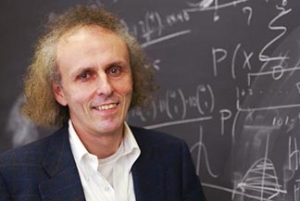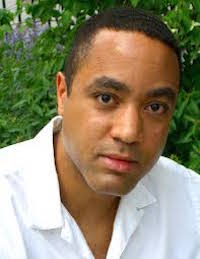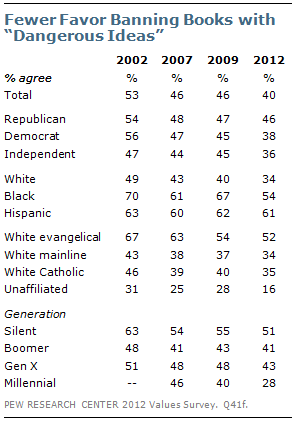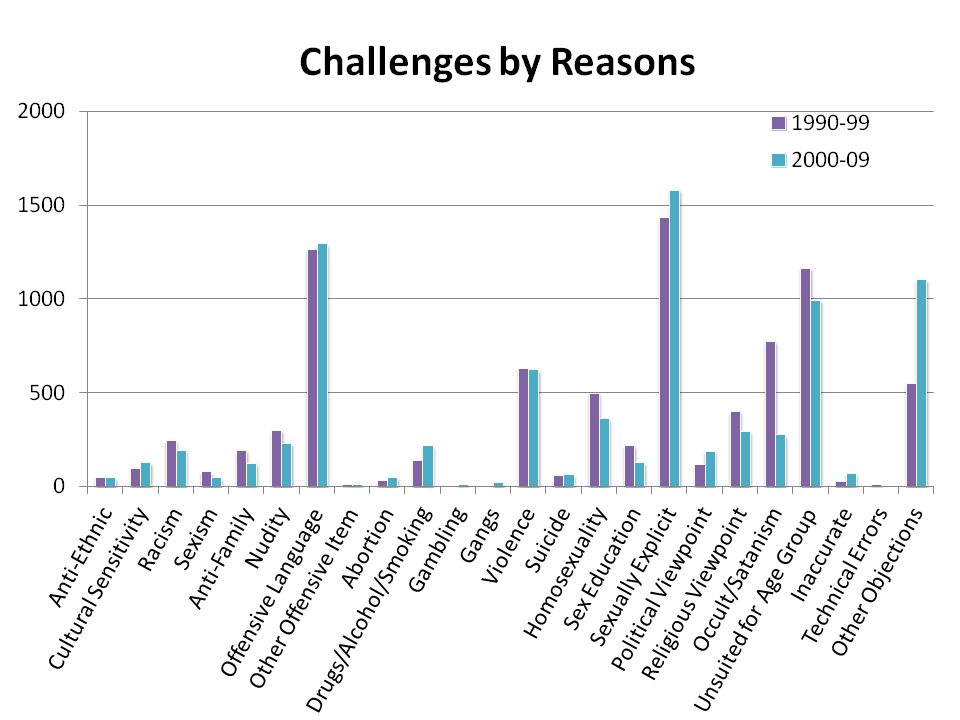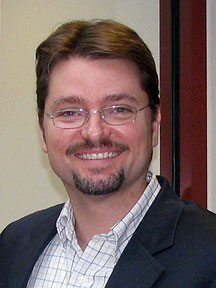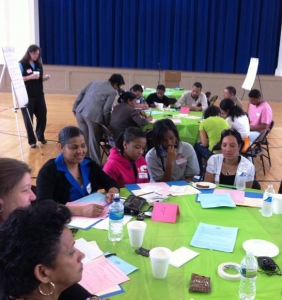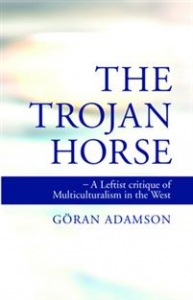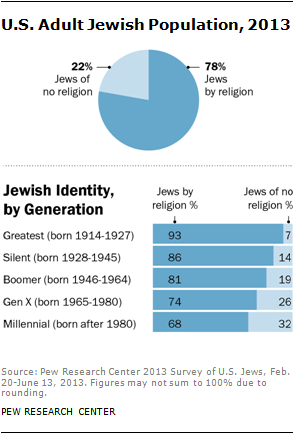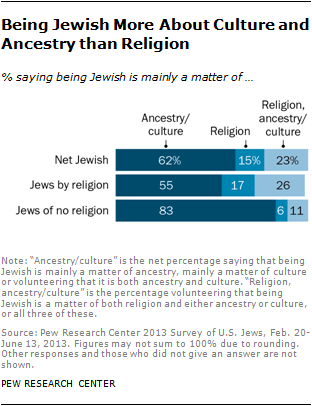Coalition: Secular Rights in UK and Canadian Schools
The weekly report on the SPI Coalition
by Julie Esris

A Muslim school in the UK has banned students from socializing with “outsiders”. Who┬áhas taken steps and informed the Department for Education (DfE) about this unacceptable situation?┬áSPI Coalition Member┬áNational Secular Society, of course. Learn more about their efforts.
And speaking of schools trying to exercise religious privilege, Trinity Western University in Langley Township, British Columbia, Canada, requires its students to sign covenants that prohibit sex outside of a heterosexual marriage. This, naturally, excludes non-heterosexual students. But this school wants to accredit lawyers! SPI Coalition Member Humanist Association of British Columbia reports on this controversy.
The far right in America will stop at nothing to halt funding to Planned Parenthood. Although it performs abortions (which are not federally funded), it also provides pregnancy tests, birth control, STD testing, and more. Defunding Planned Parenthood will be a major disservice to women, particularly impoverished women. SPI Coalition member The Institute for Science and Human Values stands by Planned Parenthood. Read their important statement on this issue.

And speaking of family planning, American Rachel Miller is expecting her second child in September and wants to stop there. However, her Catholic hospital refuses to perform a tubal litigation! SPI Coalition member TheFreethinker reports on this story and the resulting lawsuit.
Do you live in London, England? Are you looking for an exciting job with one of SPI’s Coalition members? If so, then why not consider applying to work as a Library, Archives and Digitisation Assistant for Conway Hall? But hurry! The job only accepts applications until September 10th!
It is well-known that the Irish education system hasn’t yet learned to keep religion out of state-funded schools and to end religious discrimination in said schools. So which SPI coalition member will pressure the Irish government to change its policies?┬áAtheist Ireland, of course! Atheist Ireland chairperson┬áMichael Nugent has written a letter, published in┬áThe Irish Times, addressing these issues. Note: You must scroll about halfway down the page to see Nugent’s letter.
SPI Coalition Member Humanist Society (Singapore) recently toured Singapore’s Lazarus Island and Saint John’s Island. Check out the beautiful photos from the trip, and even learn why St. John’s Island has been nicknamed Cat Island!
Are you a member of– or a supporter of– SPI Coalition Member┬áOklahoma Atheists? If so, then why not buy┬ásome cool T-shirts, tote bags, key chains, and other Oklahoma Atheists gear from their online store?┬á
There are more sects of Christianity than hairs on your head. But what causes Christianity to split into different sects? In some cases, it has been the issue of same-sex marriage. And these sects will indeed split again, writes Jon Lindgren of SPI Coalition Member Red River Freethinkers. Find out why.
